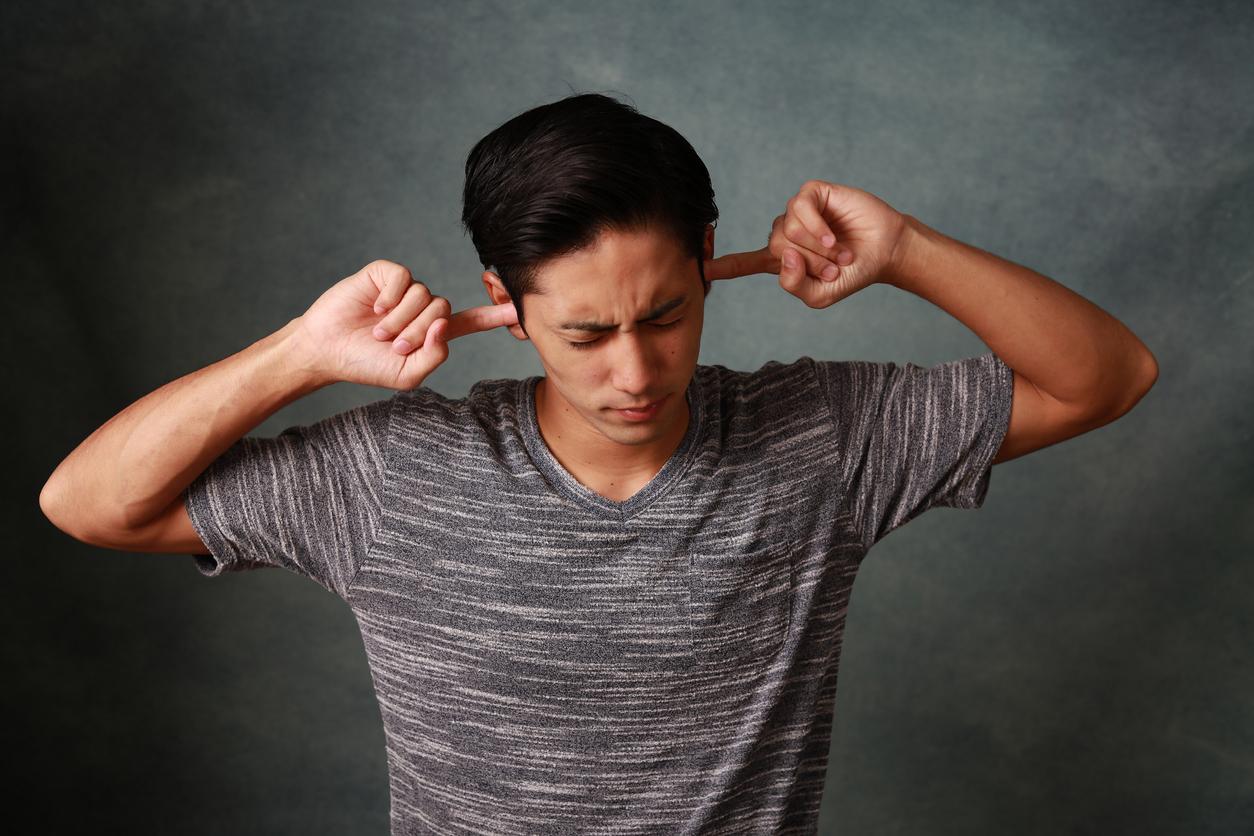Classified in the DSM-5, the reference book of mental disorders, hypoactive sexual desire disorder (HSDD) is a condition characterized by a persistent or recurring decrease or absence of sexual desire.

- The “Paris Santé Femmes” congress ended with a symposium bringing together a gynecologist, sexologist, psychologist and marriage counselor on a still taboo subject: female desire.
- Affecting more women than men, hypoactive sexual desire is characterized by a loss of desire, leading to personal distress towards one’s partner.
- The causes are multiple and the impact on quality of life is significant, leading to feelings of frustration, stress, guilt and even low self-esteem.
This mental disorder affects both women and men and can have multiple causes, whether physical, psychological or relational.Female hypoactive sexual desire is a common complaint in clinical sexology that statistically affects more women than men.”, explains Laury Phomma Vanden Wildenberg, psychologist in Roubaix.
The factors of TDSH are multiple
On a physical level, hormonal imbalances, chronic diseases such as diabetes and heart disease, and the side effects of certain medications can reduce sexual desire. Psychologically, conditions such as depression, anxiety, stress, and traumatic experiences can play a crucial role. Relationships and the quality of communication between partners are also essential: conflicts, lack of sexual compatibility, or poor communication can exacerbate ADHD.
“There are facilitators and inhibitors such as underlying pathologies that induce hormonal imbalance. Prolactin during breastfeeding is a bit like the anti-desire hormone. There is also the relationship with our body and with others, what do we call each other within the couple, the state of the couple and its communication. And this makes sense, but violence within the couple, whether physical, psychological or emotional, also does not make it conducive to sexual desire. There are also certain periods of life, stress factors, daily professional life, which can have an effect on our psychological availability.”, confirms the Roubaix psychologist.
Women are more likely to be affected by this disorder than men
There are several reasons that can explain this disparity: “Female desire evolves over time in a woman’s life: puberty, pregnancy, postpartum, menopause”, explains Laury Phomma. In addition, social and cultural expectations can also play a role, with often greater pressure on women regarding their sexuality and their role in the couple. Women are also more likely to experience sexual trauma, which can have real effects on their sexual desire. In addition, the mental and emotional burden linked to various personal, family and/or professional responsibilities can, to a large extent, contribute to a decrease in sexual desire in women.
The ultimate anti-desire: sexual debt
The idea of “sexual debt” illustrates well the complex dynamics surrounding female sexual desire and TDSH. This concept of sexual debt refers to the perception or pressure that a person, often a woman, feels obligated to participate in sexual activities to meet their partner’s expectations or to “repay” favors or attentions: “It is the fact of feeling obliged to have sexual intercourse after being offered a movie or a restaurant for example. 53% of women, of all genders and orientations, have already agreed to have sexual intercourse without consent or desire.”, popularizes the psychologist at the Paris Women’s Health conference.
This can be experienced as an obligation, worsening the TDSH. Understanding these dynamics highlights the importance of communication and mutual consent in sexual relationships: “Desire in men and women is multifactorial. Except that in men, there is a very powerful engine which is testosterone in sufficient quantity to induce in him a drive desire. Women do not have this hormonal engine and it is classically said that female sexual desire is rather contextual, that it responds to a framework and an atmosphere“, says Dr. Samuel Salama, obstetrician-gynecologist and sexologist at the American Hospital of Paris.
Women, who are often more subject to this pressure of “sexual debt”, may experience a decrease in their sexual desire due to these implicit or explicit expectations: “It is important to explain and make explicit these mechanisms. It is the meeting of two different modes of operation and it is necessary to know the codes of one and the codes of the other so that it can work and allow us not to remain on false ideas.. Man desires woman, woman desires man’s desire.”

















